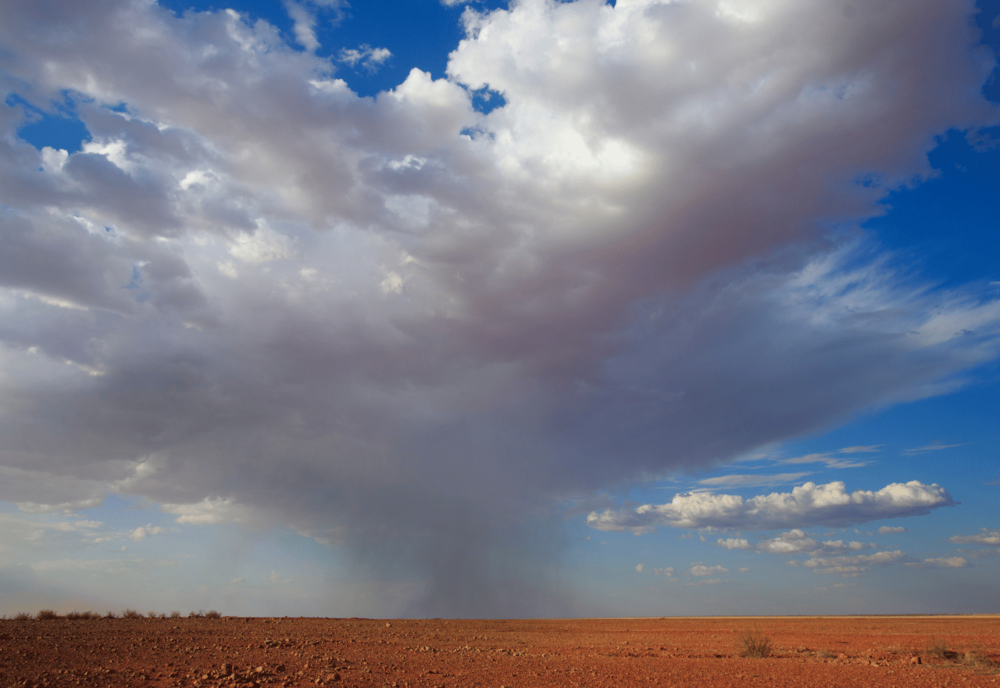Fall in farmer confidence "part of a cycle"
Kristin Murdock
24 March 2023, 6:44 AM
 Beef cattle farmers reported to show the biggest drop in industry confidence
Beef cattle farmers reported to show the biggest drop in industry confidenceDeclining confidence among NSW farmers, particularly those running beef cattle was recently reported by Rabobank. The top three influences producing this sentiment are rising commodity prices, rising interest rates and expected dry conditions in the coming season.
According to Coonamble farmer Don Schieb, who breeds Angus and Black Simmental cattle as well as growing wheat on his property, these seasons are part of a cycle that farmers are used to.
"Prices for commodities go up and down all the time," Mr Schieb said. "A year ago we were getting about $1000 per head more for weaner cattle than we do now, but three years ago prices were similar to today. It's just part of farming. In the nineties cattle prices were good - it's swings and roundabouts."
Mr Schieb said the same thing was true for cropping.
"Wheat in the early 2000's was hardly worth growing but recently has been ok."
Mr Schieb agreed with recent reports that the upcoming winter will be dry, but says that weather is cyclical also.
"Every time we have a major summer flood, it's followed by a dry winter," he said. "According to some research I've done, every eleven to thirteen years we get a flood in this region and every 6 or 7 years, things are dry. We haven't had decent rain since early December."
Rabobank regional manager for southern NSW Sally Bull said, after experiencing the “rare combination” of back-to-back years of strong commodity prices and generally good seasonal conditions across the state, it was not surprising overall farmer optimism was declining as operating conditions returned to more average settings.
"The third consecutive La Niña weather system delivered extraordinary rainfall in many parts of the state through spring and early summer in 2022. However, in recent months, dry conditions have been experienced in many regions, and this will be weighing on farmers’ minds as they plan for the year ahead,” she said.

Isolated storms have become the norm across the western plains in recent months.
Mr Schieb said there is definitely a pattern in weather and that he has looked back in historical weather records to prove it.
"I expect they are right about a dry winter but weather conditions have been up and down for centuries," he said.
As an example, Mr Schieb mentioned the fatal NSW heat wave of 1896 which was at its deadliest in western areas.
This was reported in newspapers as follows -
"The long continuance of the unprecedented heat wave in New South Wales is proving a very serious matter to the residents in some of the districts, especially in the western portion of the colony. Over 125 deaths from heat apoplexy have occurred in New South Wales, and to this number Bourke has already contributed 40. The matter has become so serious that the railway authorities have commenced running trains at special cheap fares, to enable the residents to seek a cooler climate."
"A lot of climate change experts seem to ignore these old records," Mr Schieb said.
Rabobank's survey found that within the state’s beef sector – with 38 per cent expecting economic conditions to worsen in the year ahead (up from 23 % last quarter) and only 11% expecting an improvement (compared with 27% previously). Easing commodity prices were identified as a concern by 66% of beef producers who had a negative view on the coming 12 months (up from 12% last quarter).
Mr Schieb takes a pragmatic view and says farmers are adaptable and changes in prices and conditions are a constant part of the industry.


